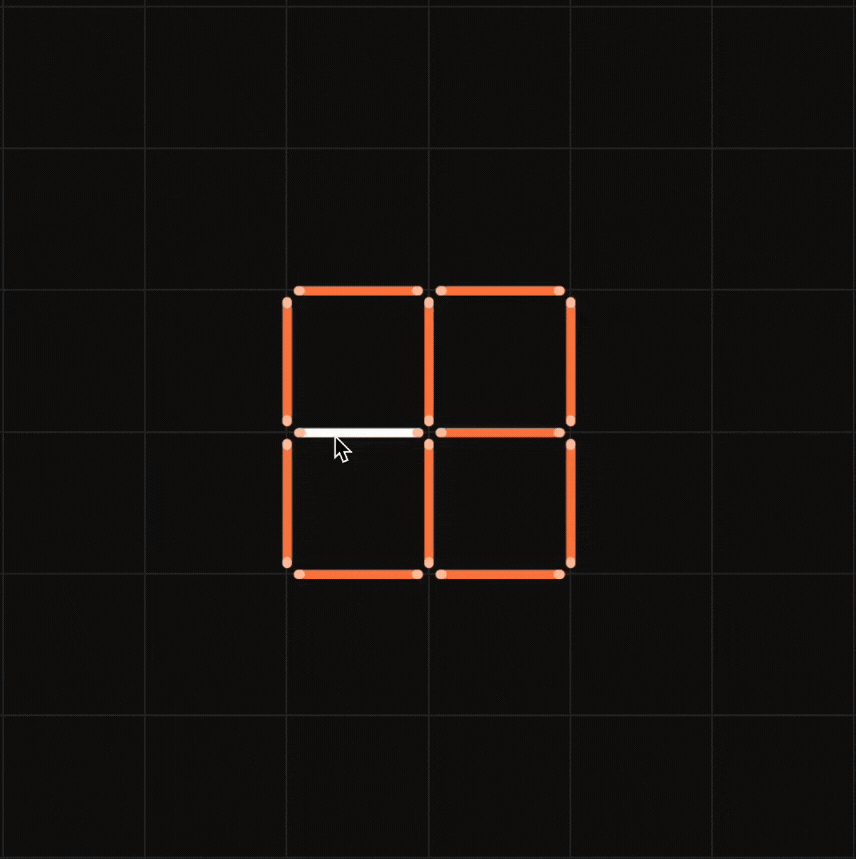

DX Roman Numerals
DX Roman Numerals can be written as numbers by combining the transformed roman numerals i.e. DX = D + X = 500 + 10 = 510. The higher roman numerals precede the lower numerals resulting in the correct translation of DX Roman Numerals. In this article, we will explain how to convert DX Roman numerals in the correct number translation.
- DX = D + X
- DX = 500 + 10
- DX = 510

How to Write DX Roman Numerals?
The numerical value of DX Roman Numerals can be obtained by using the given below:
In this method, we break the roman numerals into single letters, write the numerical value of each letter and add/subtract them.
- DX = D + X = 500 + 10 = 510
Therefore, the numerical value of DX roman numerals is 510.
☛ Also Check: Roman Numerals Calculator
What are the Basic Rules to Write Roman Numerals?
- When a bigger letter precedes a smaller letter, the letters are added. For example: LI, L > I, so LI = L + I = 50 + 1 = 51
- When a smaller letter precedes a bigger letter, the letters are subtracted. For example: CM, C < M, so CM = M - C = 1000 - 100 = 900
- When a letter is repeated 2 or 3 times, they get added. For example: CC = C + C = 100 + 100 = 200
- The same letter cannot be used more than three times in succession.
Numbers Related to DX Roman Numerals
Roman numerals were used in ancient Rome and utilized combinations of letters using the Latin alphabets I, V, X, L, C, D, and M. It may seem different than numbers, but they are similar. For example, DX Roman numerals are equivalent to the number 510. The roman numerals related to DX are given below:
- DX = 500 + 10 = 510
- DXI = 500 + 10 + 1 = 511
- DXII = 500 + 10 + 2 = 512
- DXIII = 500 + 10 + 3 = 513
- DXIV = 500 + 10 + 4 = 514
- DXV = 500 + 10 + 5 = 515
- DXVI = 500 + 10 + 6 = 516
- DXVII = 500 + 10 + 7 = 517
- DXVIII = 500 + 10 + 8 = 518
- DXIX = 500 + 10 + 9 = 519
DX Roman Numerals Examples
-
Example 1: Find the Sum of MMCCCXLVIII and DX Roman Numerals.
Solution:
MMCCCXLVIII = 2000 + 300 + 40 + 8 = 2348 and DX = 500 + 10 = 510
Now, MMCCCXLVIII + DX = 2348 + 510 = 2858
Since, MMDCCCLVIII = 2000 + 800 + 50 + 8 = 2858
Therefore, the sum of MMCCCXLVIII and DX roman numerals is MMDCCCLVIII -
Example 2: Find the Product of Roman Numerals DX and VI.
Solution:
DX = 500 + 10 = 510 and VI = 6
Now, DX × VI = 510 × 6 = 3060
Since, MMMLX = 3000 + 60 = 3060
Therefore, DX × VI = MMMLX -
Example 4: Find the Difference Between DX and CCLXVI.
Solution:
Roman Numeral DX is equal to 510 and CCLXVI is 266.
Now, DX - CCLXVI = 510 - 266 = 244
Since, 244 = CCXLIV
Therefore, DX - CCLXVI = CCXLIV

FAQs on DX Roman Numerals
What is the Value of the DX Roman Numerals?
We will write DX Roman numerals in the expanded form to determine its value. DX = D + X = 500 + 10 = 510. Hence, the value of Roman Numerals DX is 510.
What Should be Subtracted from DX to Get XVIII?
First, we will write DX and XVIII in numbers, i.e. DX = 500 + 10 = 510 and XVIII = 10 + 8 = 18. Now, 510 - 18 = 492. And 492 = CDXCII. Therefore, CDXCII should be subtracted from DX roman numerals to get XVIII.
Why is 510 Written in Roman Numerals as DX?
We know that in roman numerals, we write 10 as X, 500 as D, and 100 as C. Therefore, 510 in roman numerals is written as DX = D + X = 500 + 10 = DX.
How is Roman Numerals DX Written in Numbers?
To convert DX Roman Numerals to numbers, the conversion involves breaking the Roman numerals on the basis of place values (ones, tens, hundreds, thousands), like this:
- Hundreds = 500 = D
- Tens = 10 = X
- Number = 510 = DX
What is the Remainder when DX is Divided by XII?
DX = 510 and XII = 12 in numbers. On dividing 510 by 12, it leaves a remainder of 12. Now, 6 = VI Therefore, when DX is divided by XII, the remainder is VI.
☛ Related Articles:
- CCVI Roman Numerals - 206
- CLX Roman Numerals - 160
- MMCMI Roman Numerals - 2901
- MVI Roman Numerals - 1006
- MCMXLII Roman Numerals - 1942
- CXXXVI Roman Numerals - 136
- CXXIV Roman Numerals - 124
visual curriculum